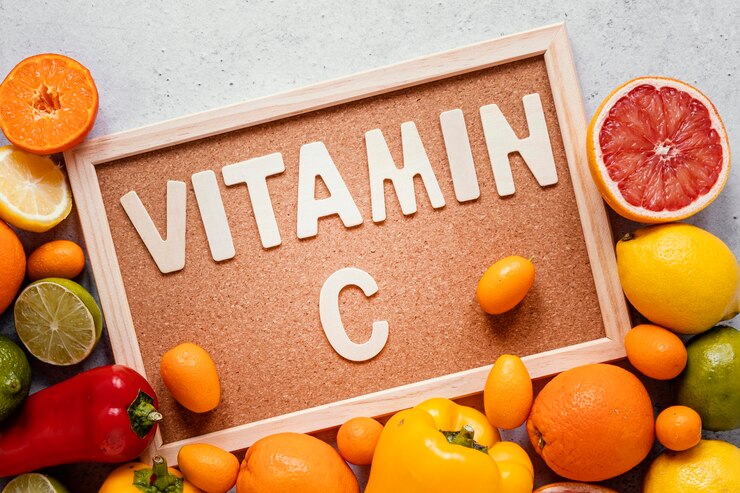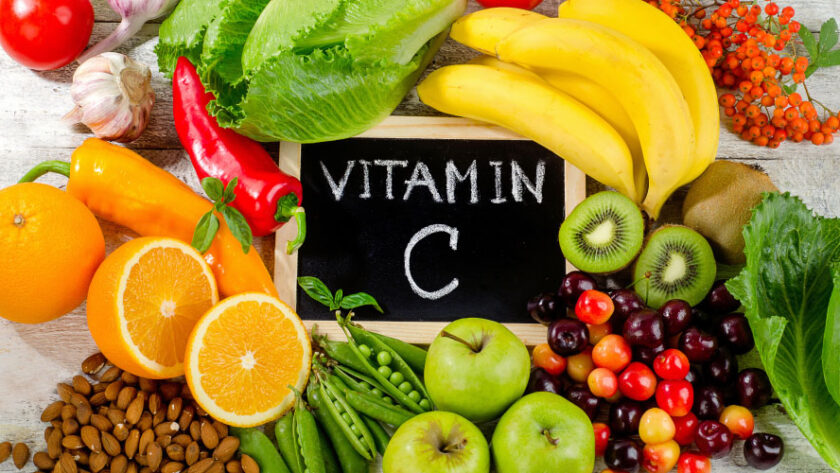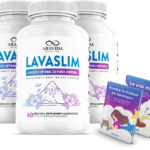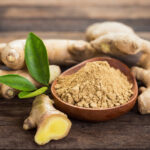Vitamin C: The Powerhouse Nutrient
Vitamin C, also known as ascorbic acid, is a water-soluble vitamin essential for overall health. Its powerful antioxidant properties and role in numerous bodily functions make it a vital nutrient for everyone.
Benefits of Vitamin C
- Strengthens the Immune System
- Helps the body fight off infections by supporting the production of white blood cells.
- May reduce the severity and duration of colds and other illnesses.
- Powerful Antioxidant
- Protects cells from damage caused by free radicals, which can accelerate aging and contribute to chronic diseases.
- Boosts Collagen Production
- Essential for producing collagen, a protein that keeps skin firm, smooth, and elastic.
- Supports wound healing and reduces signs of aging.
- Supports Heart Health
- Helps lower blood pressure.
- May reduce the risk of heart disease by improving blood vessel health.
- Enhances Iron Absorption
- Improves the body’s ability to absorb non-heme iron from plant-based foods, helping to prevent anemia.
- Protects Eye Health
- Reduces the risk of cataracts and macular degeneration, promoting long-term vision health.
Sources of Vitamin C
- Fruits: Oranges, kiwis, strawberries, grapefruits, pineapples, and mangoes.
- Vegetables: Bell peppers, broccoli, kale, spinach, tomatoes, and Brussels sprouts.
- Supplements: Available in tablet, chewable, or powdered forms, especially useful for those with dietary restrictions.
Daily Recommended Intake
- Adults:
- Women: 75 mg
- Men: 90 mg
- Smokers: An additional 35 mg per day is recommended due to increased oxidative stress.
Signs of Vitamin C Deficiency
- Frequent infections
- Slow wound healing
- Fatigue and weakness
- Dry skin and hair
- Swollen or bleeding gums (scurvy in severe cases)
Conclusion
Vitamin C is a cornerstone nutrient for maintaining health and vitality. Whether through a diet rich in fruits and vegetables or with the help of supplements, ensuring an adequate intake can boost your immune system, enhance skin health, and protect your body from oxidative damage.





[…] of antioxidants: Broccoli is rich in vitamin C, beta-carotene, selenium, and other antioxidants that can prevent cell damage by fighting free […]